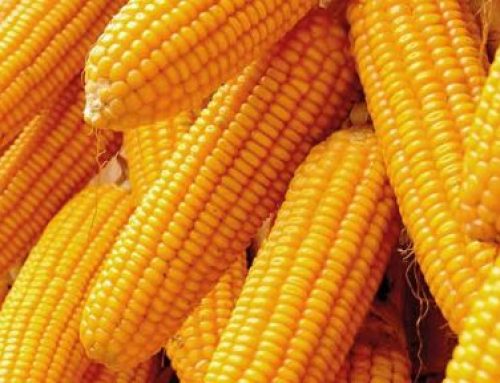The Nigerian economy which had hitherto been dominated by the crude oil resources needs urgent diversification. Bamboo offers the economy one of the most viable alternative with over 100 products. Processing native bamboo is a secure business that gives steady ROI. Once you are able to start processing, put together handouts, flyers, posters, catalogs in buildings /development areas and with professionals and even a website, put adverts in building professional magazines and you will soon catch a niche in the market. The major uses of bamboo currently in the country are as scaffolding handicrafts production and for fencing and as yam stakes. The use of bamboo as scaffolding materials has opened up a domestic trade for bamboo culms in the country.
However, the volume of trade is just a fraction of what is obtained in countries where bamboo is used as industrial raw materials. At present, bamboo production is largely uncoordinated with many untapped potentials. Production of value added products is almost negligible as the technology is totally absent. Nigeria’s timber wood forests resources are being chopped down at alarming unsustainable rates as nobody ever thinks of its replacements. This development has generated discussion on the future of wood supply to the wood products sector of the Nigerian economy as the total forest estates of Nigeria which stood at 10% of the country’s land area in 1996, is now less than 6.0%. Also reported is that the total useable volume of wood down to 30cm cutting diameter in the reserved forest areas of Nigeria was 293,775,500m3. This was not significantly different from 473,509,205.943m3 reported by in 2001.
When these figures are juxtaposed with total wood requirement which is projected at 59,995,000 m3pa, wood shortages are impending in the next few years. To stem this tide, a number of research and development activities were initiated which locally identified the wood properties of lesser known wood species with the aim of determining their economic and industrial utilization potentials.
One of such widely available plant resources in Nigeria is bamboo. During the last three decades, studies have been conducted on different aspects relating to structural use of bamboo in Asia. Available statistics indicated that there are 70 general and 1,200 species of bamboo in the world. The bamboo species ranged from small grasses to giants of over 40m in height and 30cm in diameter. 19 taxa have been accorded high priority and 18 taxa have been marked important. Most of these species have variable industrial utilization potentials which are being employed in most countries in Asia, South America and other parts of Africa. For instance, the export of bamboo products contributes more than US$50 billion annually to foreign exchange earnings in China since 2009. Despite its ubiquity in the some parts of Nigeria, no study had been reported on the occurrence, distribution, availability and utilization of bamboo in Nigeria.
All the current uses of Bamboo in Nigeria form only a very small fraction negligible of economic activities in the country. However if given the desired national attention, bamboo can become a major industrial raw materials not for the domestic markets alone, but a major player in the export market that has the potential to earn about US$22.0 billion year on year FOREX for Nigeria. Three major areas that bamboo can become an important player is the charcoal/briquettes processing, ceramic replacement – roof, wall and floor tiles and plywood, replacement – ply bamboo. There are high demand for these items all over the world and with cheap simple processing machines, cottage level, community businessman could establish small/medium scale processing centers with as little as N4-6.0m for these products where native bamboo trees proliferates especially in the extant southern belts and communities along Rivers Niger, Benue, Cross, Ogun, Osun, Hadeija, Jama’are, Cross, Oil, Yobe, Ngadda, Kano, Calabar, Kwa Ibo,Bonny, Imo, Ose Oron, etc. with scores of tributaries. Available statistics indicated that Nigeria still harbors well over 1.70million hectares of existing native bamboos classified of 2 spp.
It is very important to know that processing bamboos is not a get rich quick venture. You certainly won’t make N25.0m over night, but with some serious hard work, smart choices and business acumen, here you have abundant cheap raw materials feedstock, costing almost next to nothing, add a growing ready market for building materials, what else do you need?
There are over a hundred bamboo products to choose from. So what should you process? Simply put, you should have a robust ready market before you start at all.
Visit architects, building technicians, Quantity Surveyors, masons, carpenters, tillers and intimate them with your plans and if possible samples of your products. It may be expedient for your products to get the FSC certification – the BDN will guide you in every aspect of this new business when contacted. Bamboo processing can provide substantial profits.





Leave A Comment